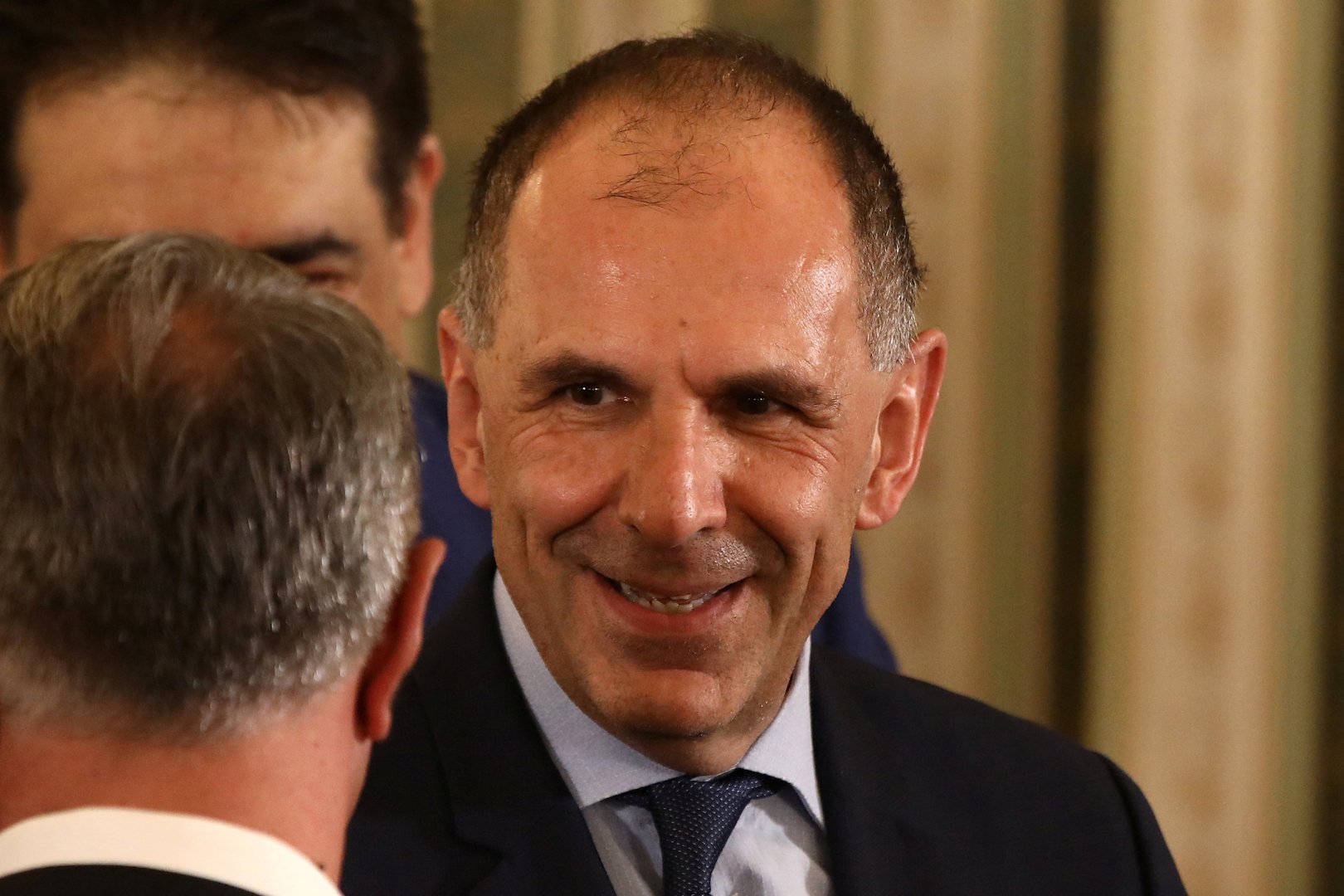The electrical interconnection between Greece and Cyprus will move forward at the right time and according to plans, Greek Foreign Minister Giorgos Gerapetritis said late on Wednesday night.
Speaking on Skai television, Gerapetritis added that the issue of defining the maritime spatial planning and the laying of the cable were not interrelated.
“The maritime spatial planning is a multi-month project, a major effort that expands our diplomatic footprint. The Greece-Cyprus electrical interconnection project is also important, it is a project of common interest, it is a project that will continue at the appropriate time chosen and based on the planning of the contractor,” he said.
Asked about delays in implementing the project, the minister said there was “no background, just appropriate timing”.
He also denied that there was any ambivalence or concern due to Turkish reactions.
“There is no ambivalence either. What is there is always the right timing. There are issues, which are purely technical. You know, the survey for laying the electric cable in this project will take about six months. You realise that just to be able to create a zoning in terms of Navtex, which will be issued, is in itself a complex task,” he explained.
Gerapetritis repeated that “there is also the appropriate timing”.
“There is absolutely no hesitation. There is no way to determine foreign policy based on the wishes or perceptions of any other state. We alone determine foreign policy. And let me say that over the last six years, this foreign policy has been very successful on all levels. The same will happen in terms of implementing our sovereign rights in practice,” he said.
Gerapetritis was speaking after the Great Sea Interconnector project was absent from announcements and discussions in Greece following a meeting of the country’s National Security Council (Kysea) on Wednesday.
Earlier in the day, Cypriot President Nikos Christodoulides had said of the interconnector that “we should await Kysea’s official announcements”. However, in official announcements after the meeting, no mention was made of the project.
Instead, according to the official announcement made immediately after the meeting, its main subject had been “the national strategy for maritime space and the training and specialisation of the maritime special planning”.
The matter of the map is one which has strained relations between Greece and Turkey throughout the day, though the Greek government was, according to news website Protothema, insistent that the map should not have come as a surprise to Turkey, given the fact that the country had been ordered to draft a maritime spatial plan by the European Court of Justice in February.
Nonetheless, Turkey’s foreign ministry did issue a response to the map on Wednesday afternoon, saying that “some of the areas in the maritime spatial planning declared by Greece in accordance with European Union legislation violate our country’s maritime jurisdiction areas in the Aegean Sea and the eastern Mediterranean”.
Meanwhile, the country’s Ankara University released its own maritime spatial planning map, outlining its claims in the Black Sea, the Aegean, and the Mediterranean in line with the country’s “blue homeland” doctrine.
The Republic of Cyprus submitted its own maritime spatial plan in 2021, while Turkey’s Anadolu Agency reported that the north’s authorities also intend to compile their own.
Earlier on Wednesday, Christodoulides had insisted that Turkey had not “blocked” the Great Sea Interconnector project.
He said the undersea cable project which, if completed, will link the electricity grids of Cyprus, Greece and Israel is “a project backed by the EU”.
To a remark that Turkey was happy it had blocked the project, Christodoulides said nothing like that had happened.
“Turkey can celebrate, it can say anything it likes, as it does on many issues. We are doing our own job,” he added.
He said there were agreements in place with the company that would be laying the cable and advised waiting for developments.
Asked about the Greek government’s decision to proceed with maritime spatial planning, he said he was aware of the decision and considered it to be “in the right direction”.






Click here to change your cookie preferences